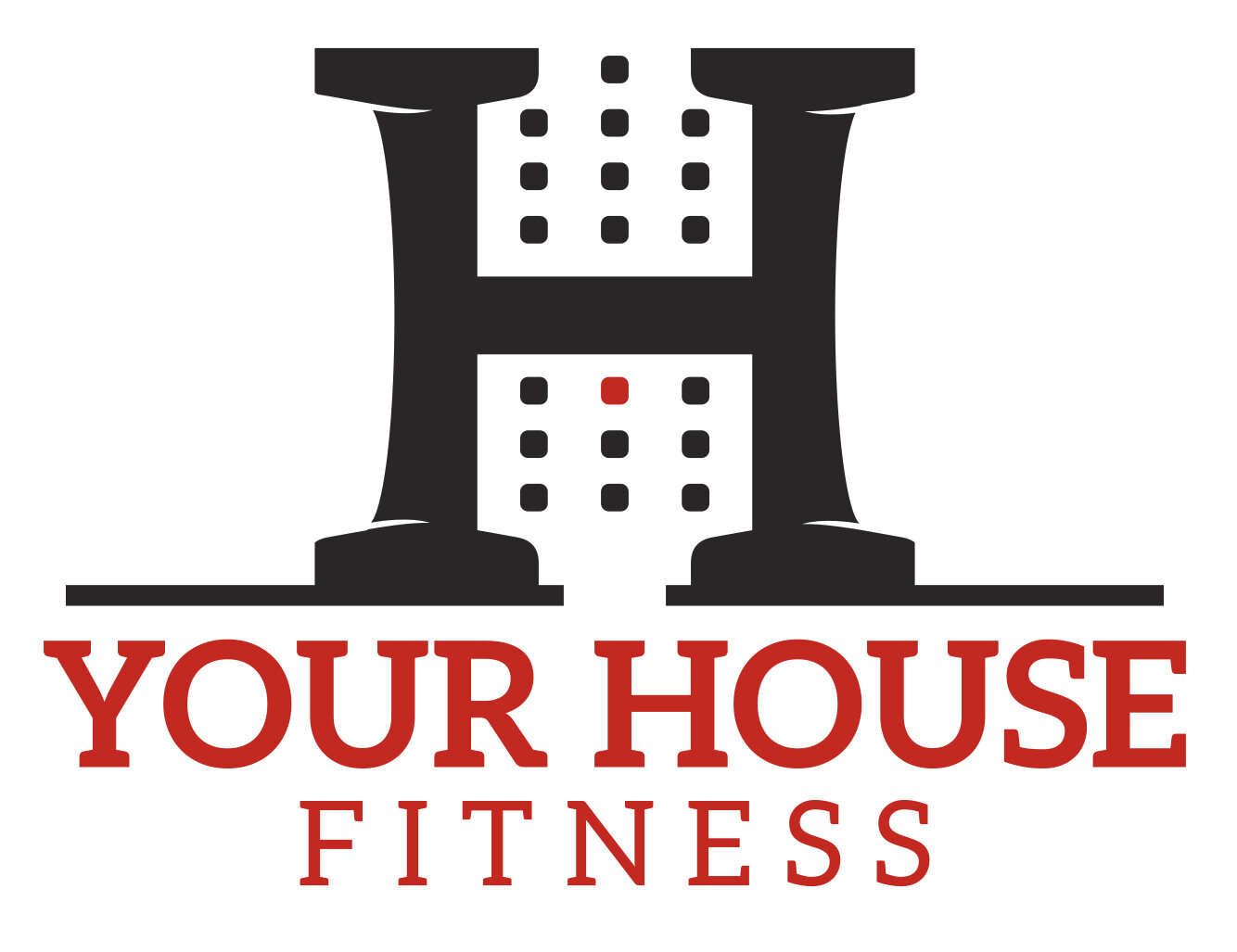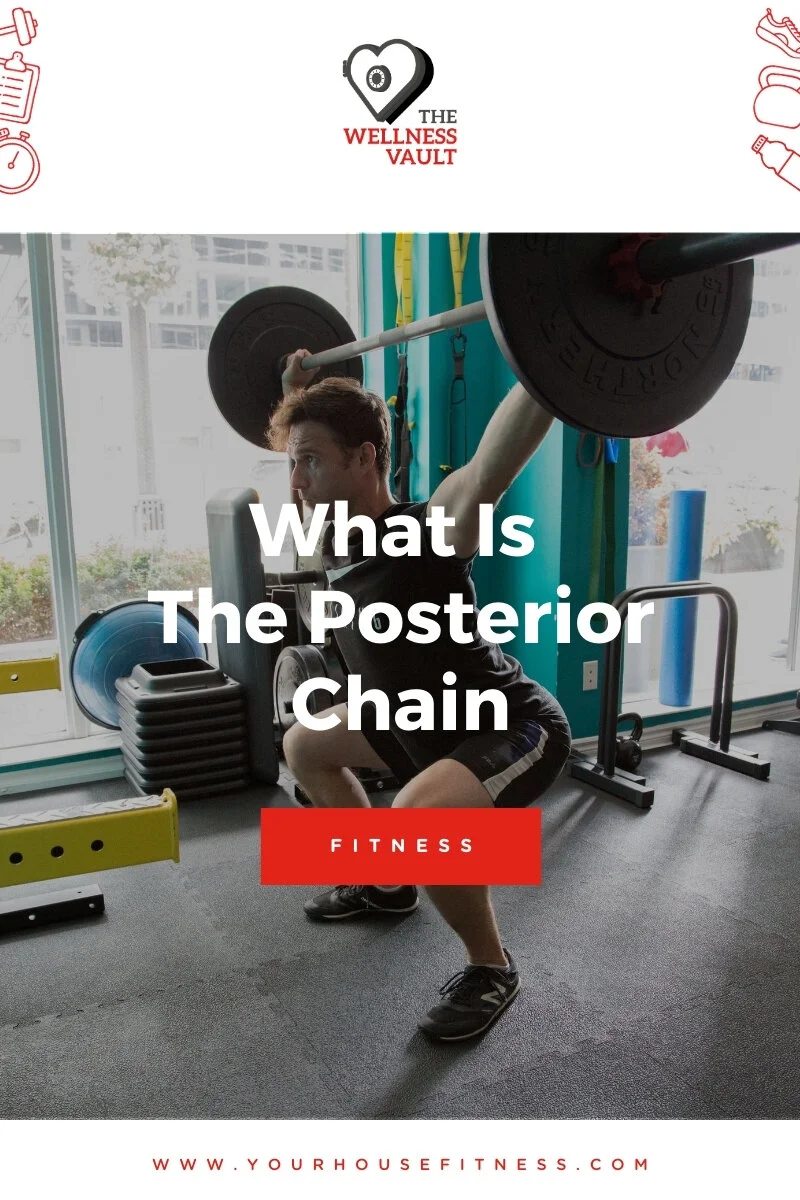Exercises for the Posterior Chain Muscles
What Is The Posterior Chain
You may have heard your trainer say that you need to strengthen the posterior chain if you want to perform better in sport and maximize your training. But what is the posterior chain, and how will training the muscles involved allow you to perform better? Let us answer your question!
The posterior chain is a group of muscles that start at the head, and go down to your ankles. The muscles of the posterior chain are only located on the posterior (back) of the body. These muscles of the posterior chain work together to produce power, speed, strength and allow us to jump, land, rotate and more. Not only do these muscles contribute to a fast and powerful body, the posterior chain is also important for everyday movements such as sitting and standing, or even picking an object off of the floor or simply moving forwards.
If you need another reason as to why a strong posterior chain is important, the posterior chain also plays a role in injury prevention and protection of the joints. In today’s working from home world, many of us are sitting down behind desks all day and are experiencing back pain. Performing stretches and exercises that engage the posterior chain can help to alleviate and prevent pain and discomfort in the back.
Additional benefits of a strong posterior chain include:
Improved posture
Lift heavier objects
Run faster
Posterior Chain Muscles
The posterior is made up of some of the largest muscles in the body. This explains why the posterior chain is so important for speed, agility and power. The muscles of the posterior chain include,
Hamstring Muscles (Semitendinosus, Semimembranosus, and Biceps Femoris)
Calves Muscles (Soleus, and Gastrocnemius)
Now that you know the muscles in the posterior chain, lets train them!
Best Posterior Chain Exercises
There are so many exercises out there that will engage the posterior chain. Some of these you might already be familiar with or include in your exercise routine! These are some of the best posterior chain exercises that you should try:
Squat
The Squat has multiple variations that will engage the posterior chain. The best part about the Squat is that you can use its variations to your advantage to keep your exercise routine fun and exciting. Check out our exercise tutorials below for a full explanation of how to perform these variations of the squat and strengthen the posterior chain:
Deadlift
Similar to the Squat, the Deadlift also has many variations that will engage the posterior chain. Besides the conventional Deadlift, some additional variations include,
Each of these Deadlift variations will help to increase power and strength in the posterior chain.
Barbell Hip Thrust
The Barbell Hip Thrust is another great exercise to engage the posterior chain. Variations of the Barbell Hip Thrust include a Banded Glute Bridge and Dumbbell Hip Thrust. You can learn how to perform the Barbell Hip Thrust here.
Kettlebell Swing
Kettlebell Swings will help to improve muscular strength and power. The movement engages many muscles of the posterior chain and is easy to incorporate into HITT workouts. Our exercise tutorial will explain how to do the Kettlebell Swing, as well as its variations.
Bodyweight Posterior Chain Exercises
If you do not have access to a gym or exercise equipment, you can still train the posterior chain! Try these bodyweight posterior chain exercises:
Glute Bridge
The Glute Bridge is a fantastic way to strengthen the muscles of the posterior chain. The benefits of a Glute Bridge include strengthening the core, improving posture and reducing back pain. You can learn how to perform the Glute Bridge here.
Superman
The Superman is a simple bodyweight exercise that engages the entire posterior chain. Our exercise tutorial explains exactly how to do the movement here
Plank
The Plank is another simple bodyweight movement that has many variations! Try doing one variation of the plank every day to truly strengthen the posterior chain. Learn how to do the Plank here, and check out our video on 10 plank variations you can do from home.
Lunge
The Lunge is another exercise that will engage the posterior chain. Similar to the other exercises mentioned, there are many variations that you can try. For example, the Jump Lunge will help to improve explosiveness and power. You can learn how to perform the Jump Lunge here.
Best Posterior Chain Stretches
There are many stretches that will engage and lengthen the posterior chain. Here are a few examples.
Forwards Fold
Begin standing tall. Slowly bend forwards at the hips to bring your hands towards the toes. Hold this position for 30 seconds.
Pigeon Stretch
Downward Dog
Begin standing tall. Bring your hands forwards so that your palms are touching the ground. Your body should be in the shape of an inverted V. Maintain this position with a straight back and legs for 30 seconds or more.
Toe Touch
Seated with your legs extended in front of you, bring the foot of one leg in so it is pressed against the thigh of the opposite leg. Bend at the torso and reach towards the foot of the extended leg. Hold this position for 30 seconds and then switch legs.
Posterior Chain Workout
So how do I use these exercises in a workout? The answer is very simple. If you are already an avid gym-goer, simply make sure to include these exercises in your routine. For example, on leg day, be sure to include a squat variation. If you end your workouts doing core, be sure to include a plank variation. The amount of reps and sets you do depends on if you are trying to achieve muscular strength, endurance or hypertrophy. Chances are, you are already doing many of these posterior chain movements, which is great for your health and fitness.

